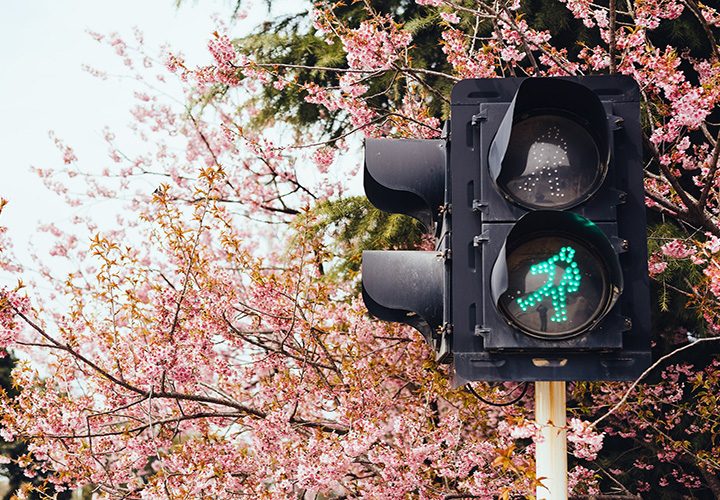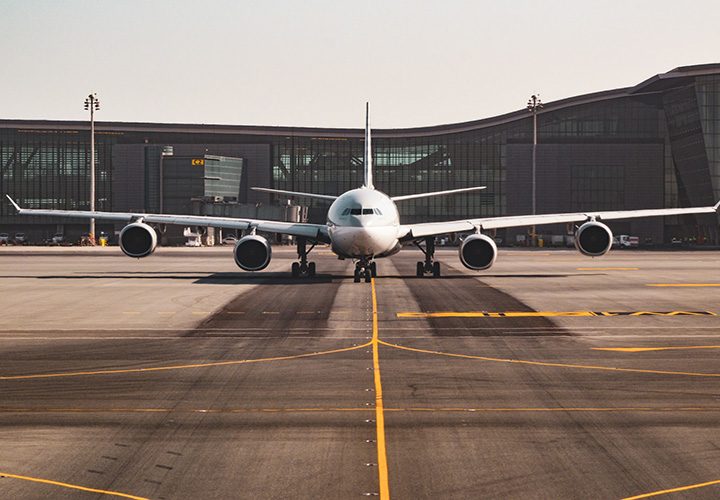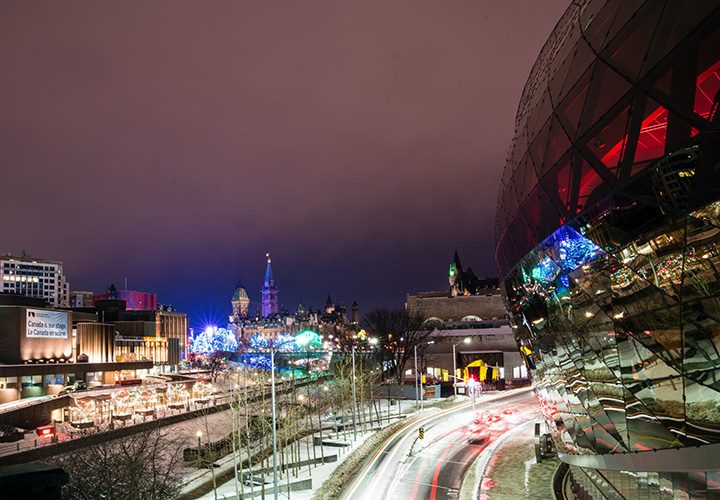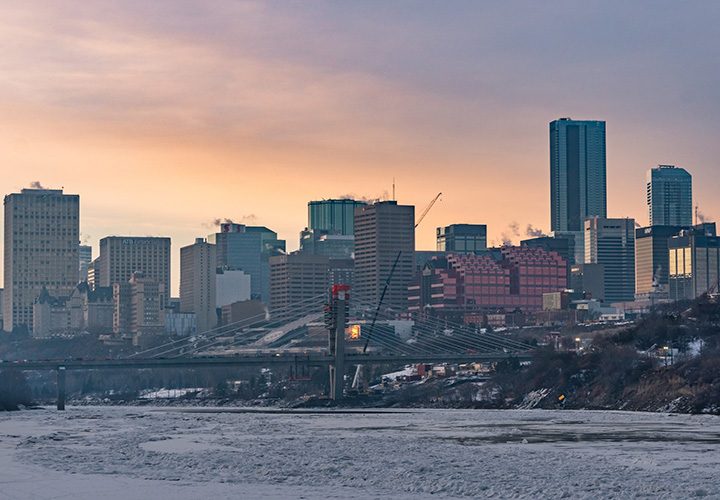Cardiff
Cardiff is the capital city of Wales and one of the most popular tourist destination cities in the UK. A particularly diverse city, due to its trading history as a port and now its language schools that attract foreign students from all over the world to be taught English. Wales is made up of a great mix between historical and modern features as it claims to have the largest concentration of castles of any city in the world whilst also containing a large media sector used for TV and film production. Its a little city but it certainly has range.
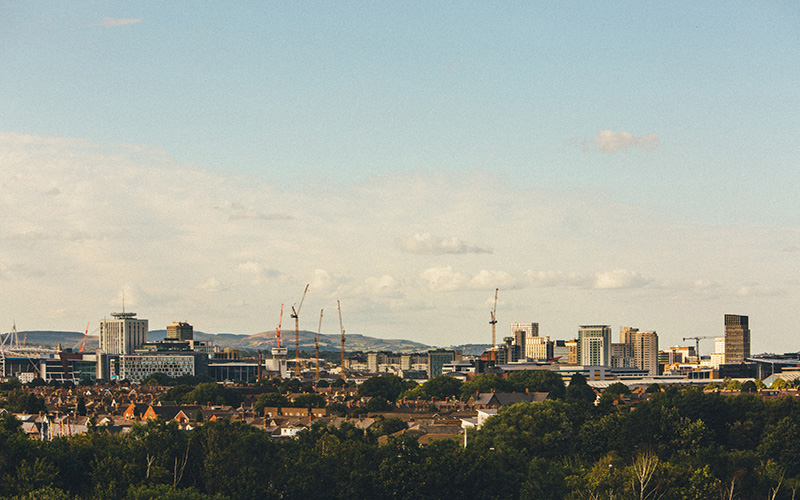
Details
Before visiting any town or city make sure you know the basics. General details and important information.
- Emergency Services: 999
- Language: English
- Currency: British Pound
- Country Code: GB
- Travel Visa: None required
- Population: 478,000
Risk Level
Researching various official sources, we perceive the risk to holiday makers and travellers are as follows;
Travellers Tips
Top travel advice and interesting tip bits of information from experienced travellers.
Emergencies
For the Emergency services just dial 999 from any phone, for not so serious situations please dial 101.
Hospitals in Cardiff
University Hospital of Wales: 029 2074 7747
University Hospital Llandough: 029 2071 1711
Barry Hospital: 01446 704000 / 704095
St David’s Hospital: 029 2053 6666
Cardiff Royal Infirmary: 029 2049 2233
Rookwood Hospital: 029 2041 5415
Lansdowne Hospital: 029 2037 2451
Tourist Offices
Cardiff Tourist Information Centre: 029 2087 2039
Travelling Around
Like most cities, Cardiff has a variety of public transport. It is a capital city so an airport is a must. It has a number of train stations and a comprehensive city-wide bus service. There are cycle paths that remove cyclists from normal traffic and, given Cardiff’s flat climate, provides a quicker and easier mode of transport around the city than car. There is also a boat service that takes people between City Centre and Cardiff Bay hourly, whilst also providing a commentary on the history of the city as you pass the sights.
Airports
Cardiff Airport: 01446 711111
Train Stations
Cardiff Central Station: Transport for Wales (tfwrail.wales)
Cardiff Queen Street: National Rail Enquiries
Cardiff Bay: National Rail Enquiries
Cardiff Safety
How dangerous is Cardiff?
Cathays, including the city centre, is statistically where the most crime happens in Cardiff. These crimes primarily include anti-social behaviour. Cardiff is smaller and overall safer than most major UK cities. There are rough areas of Cardiff, such as Riverside and Splott, but they are not necessarily more dangerous and are simply more socio-economically disadvantaged compared to other areas.
Wherever you are, exercise caution if you are on your own and try to remain in populated areas.
What’s the weather like?
Cardiff is a southern coastal city of Wales and, therefore, will be quite chilly and windy most of the time. Its proximity to the sea also increases humidity. It rains often, especially in October and January.
The average summer temperature is 16°C whilst the average winter temperature is 5 °C.
For the most reasonable weather, visit in late spring and summer (chances are it will still rain quite a lot though).
Dress and plan accordingly.
What is a safety top tip?
As Cardiff grows in popularity with tourists, it will attract more individuals seeking to take advantage of said tourists. There is a likelihood that you will encounter pickpockets and scammers in Cardiff just the same as any other popular city. Be aware of your surroundings and street performers. Don’t flash your cash and keep it securely on your person.
Local Traditions
Every culture has its customs and traditions, they have been handed down the generations and are always held in high regards by the local residents.
Annual Ceremonies
St. David is the patron saint of Wales. To commemorate this day, Cardiff holds a parade to celebrate Welsh heritage and culture. Alongside this is a food festival, featuring Welsh produce and dishes such as cawl (soup), bara brith (tea loaf) and traditional Welsh cakes. The day brought to a close in the evening by various acts performing for free at the Cardiff Central Library.
Annual Events
Annual events allow a city come together for some amazing experiences. If visiting at this time, make sure you have your accommodation booked and are always aware of your surroundings when travelling around.
Cardiff Events
Gŵyl Bwyd a Diod Caerdydd/Cardiff Food & Drink Festival
This festival will give not just dinner and a show, but also throw in breakfast, tea, elevenses and a light snack too. From beer to pastries to meat to cheese, you can find everything at this event. There are artisans, there are comforting classics and there are new cultural dishes to explore. Of course there is also music, so up on the Bandstand there will be a whole host of artists performing different genres as you chow down.
The biggest annual firework display in Wales, held on Guy Fawkes Night. It takes place in Cooper’s Field in Bute Park behind Cardiff Castle and has been running since 1981. You can expect an impressive fireworks display, a huge bonfire as well as funfair rides and live entertainment. It is ran by non-profit organisation Cardiff Round Table- with all the proceeds going to charity.
Caerphilly’s Big Cheese Festival
For cheese lovers everywhere, there is no better place to go than Caerphilly’s Big Cheese Festival. It is a three day even in which the castle and its surroundings are transformed into their medieval grandeur. There are displays and battles from put on by reenactors as well as modern music to enjoy. But the cheese is the main thing! Eat a huge range of cheese from various stalls and take part in The Great Cheese Race. History and cheese- it makes sense when you think about it!
Cardiff International Film Festival
This film festival was brought about due to Wales’s growing media presence. Both BBC Wales and ITV Wales have studios within the city, there is a growing independent television production sector and Valleywood is the newest film studio in the UK for 30 years; Wales’s reputation for quality entertainment production can’t be denied. With international participants and sponsor’s, it’s the most intimate red carpet-like event you’ll ever find.
Cardiff Highlights
What museums are there?
St Fagans National Museum of History
In an effort to connect modern times with the past, over forty buildings from different historical periods have been re-built and restored in the 100-acre parkland. These buildings include houses, a school, a chapel and a Workmen’s Institute. Visitors can be immersed in Welsh culture as they witness craftsmen perform traditional skills. These creations are also for sale. There is also a farm, which houses traditional working animals, and the wider parkland that acts as a sanctuary for bats, birds and rare animals. You could easily spend a whole day here.
This museum features national art, geology and natural history collections. Covering space and time, witness displays meteorites, moon rock and fossils. Learn about the beginning of time with the impressive Big Bang exhibit. The art gallery features collections of impressionist, modern, historic and applied art from global sources. A featured exhibit contains Welsh pottery as the museum celebrates the local as well as the international.
What should I do?
Cardiff International White Water
If you’re looking for adventure and excitement head over to Cardiff International White Water, an on-demand adventure facility located in the International Sports Village. Whilst there you can take a two hour course on white water rafting, facing those fast waters will be sure to get your blood pumping. As well as that, there is paddle boarding, tubing and kayaking; some activities can be altered to be suitable for families on request. There is also an indoor water section to learn surfing (hopefully in a slightly warmer environment than the south of Wales). Don’t like water? That’s fine- try the Air Trail and attempt daring obstacles whilst suspended from a harness.
The UKs longest established science centre, Techniquest provides empowering educational opportunities for all. This establishment provides varied and interactive exhibits on a huge range of science based subjects. Virtual Operator allows you to test your skills as a surgeon and fit a patient with a pace maker. Earthquake Simulator is a safe and fun way to experience and learn about earthquakes. This museum knows that the best way to learn is to have tangible experiences and are providing it in heaps! Make sure to check what’s on before you go as they have allocated days, including toddler day.
Where should I visit?
Cardiff Castle is over 2000 years old with it starting out as a Roman fort. It has been passed between the hands of various noble families and each have left their mark upon it, building it up to the impressive landmark it is today. Learn about Roman, Norman, Victorian and even Second World War history when you visit and marvel at the eclectic architecture. If history isn’t your vibe then you’re in luck: the castle grounds are also often used as a live music venue. See musicians like Olly Murs and Lionel Ritchie in this impressive event space. Even after 2000 years, the castle is still just as important to Cardiff city life.
The Wales Millennium Centre is a hub of performing arts and theatre. It houses performances of opera, ballet, West End musicals, hip hop, art exhibitions and stand-up comedy. There are even free daily performances in the foyer! The architecture of the building is equally fascinating as what happens inside of it. This building was designed to be the essence of everything Welsh: its multicoloured slate exterior was taken from various Welsh quarries and the glass features were created and stalled by the Architectural Glass Department at Swansea Institute of Higher Education. There is even more to discover and the centre provides guided tours so you can learn everything about it, inside and out.


